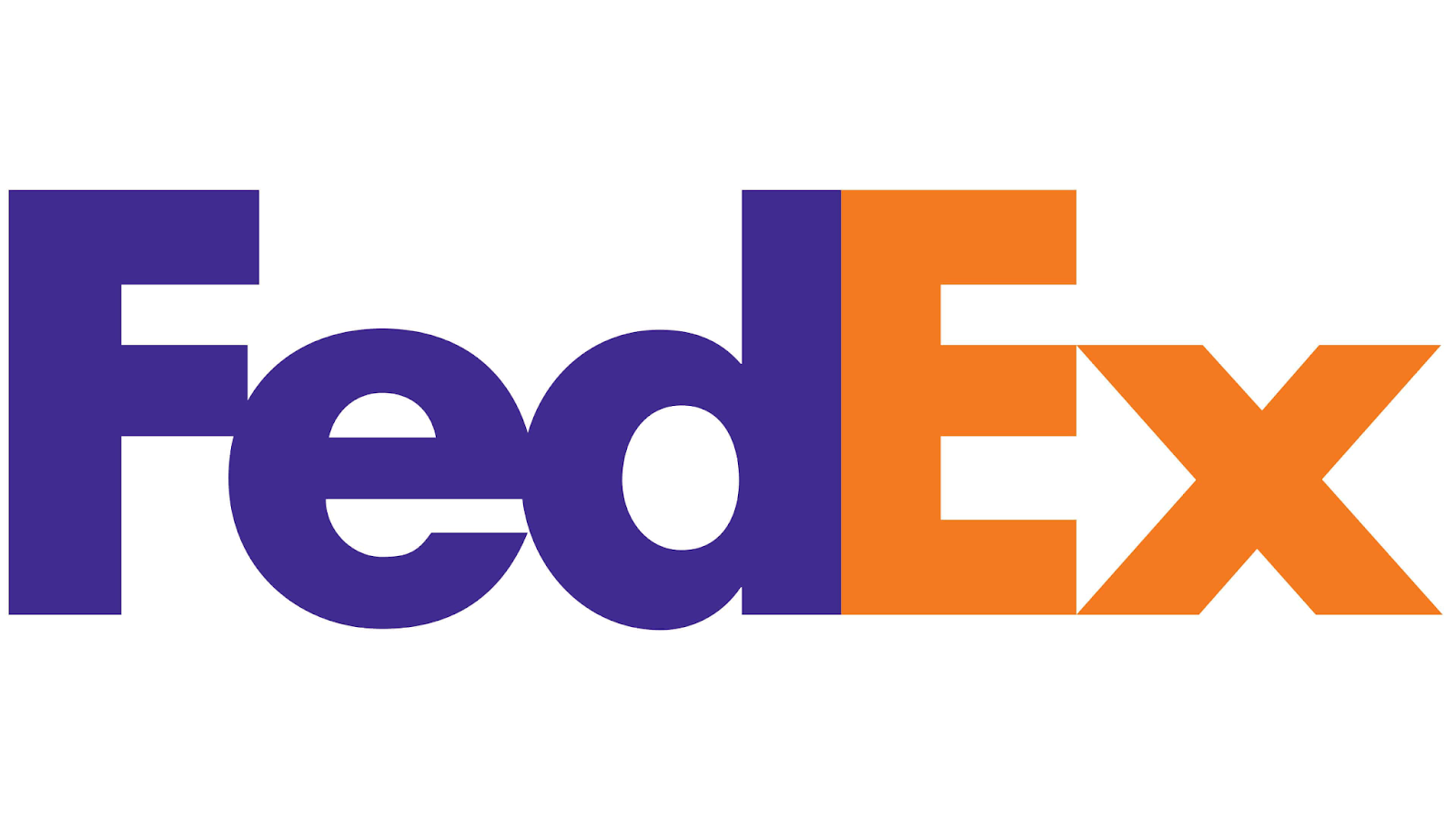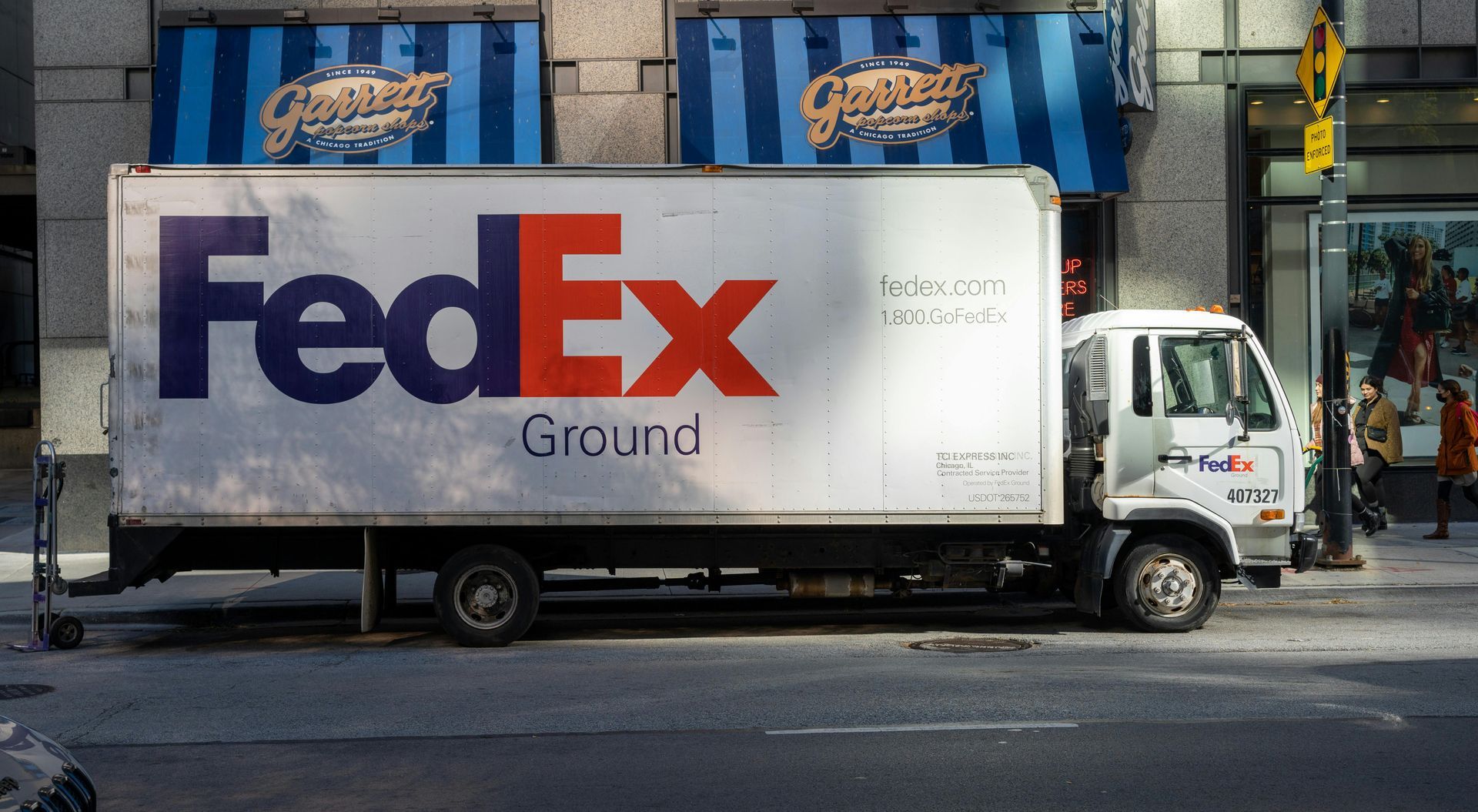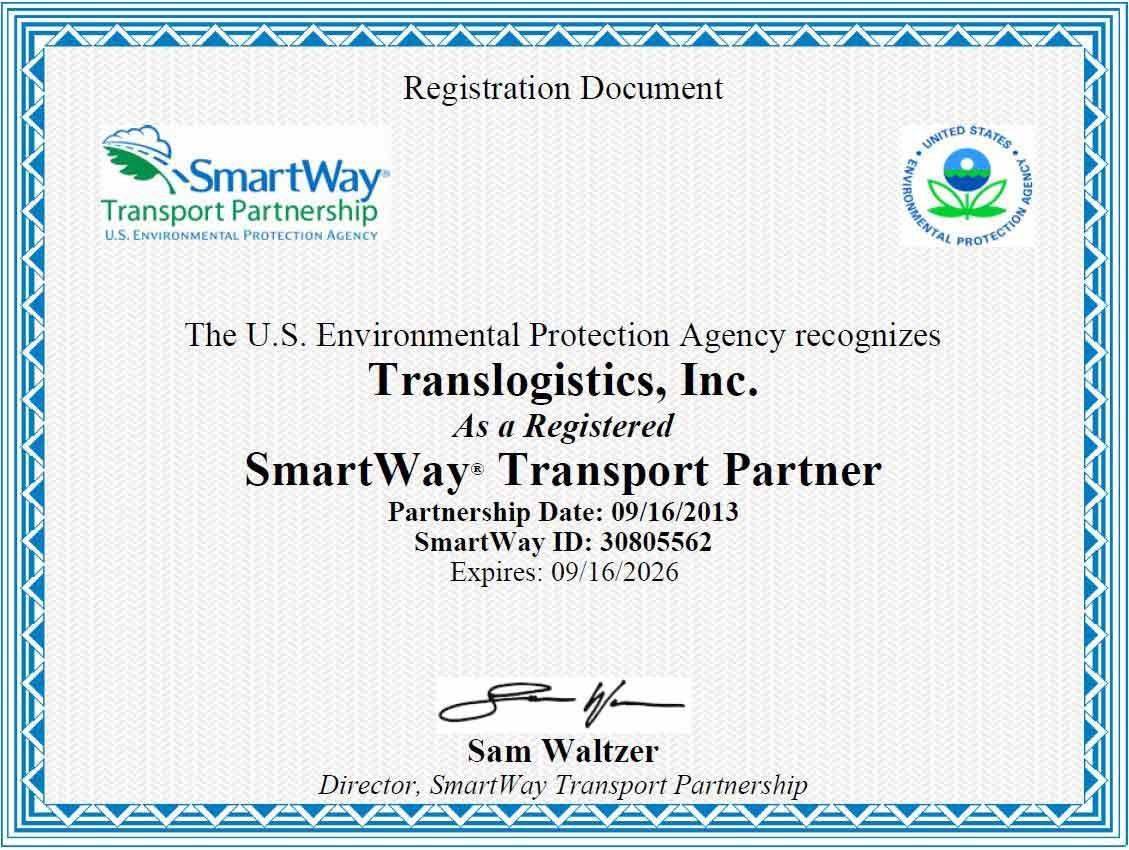FedEx Freight specializes in LTL shipping. It combines shipments from various customers onto one truck, optimizing delivery networks. This efficient model is crucial for businesses needing reliable freight solutions.
Despite its recent 11% revenue dip to $2.17 billion, FedEx Freight remains a leader in its sector. Executives noted that the unit has stabilized after recent challenges. The separation promises a stronger focus on growth and customer service.
FedEx Freight focuses on shipping larger and heavier goods. This division handles less-than-truckload (LTL) freight, catering to shipments that weigh over 150 pounds but don’t require a full trailer. FedEx Freight offers options like priority
and economy
services, allowing businesses to balance transit time speed and cost depending on their needs. Ideal for many of Translogistics' customer's supply chains, this service excels in managing pallets, bulkier packages, and shipments that demand specialized handling. Together, these distinct offerings allow FedEx to meet diverse shipping needs efficiently, ensuring businesses and consumers get the right solution for every shipment.
FedEx Freight is a trusted carrier among TLI customers, particularly for handling larger shipments and less-than-truckload (LTL) freight. Its reliable service and flexible options make it a go-to choice for businesses requiring dependable delivery of heavier goods. In some cases, TLI customers even route volume shipments through FedEx Freight when capacity or cost considerations align, ensuring smooth transport for bulkier loads. This versatility makes the freight division a key partner in managing complex supply chains efficiently.
In contrast, FedEx Ground specializes in delivering smaller parcels quickly and affordably. Designed for shipments under 150 pounds, it offers reliable, day-definite delivery across the U.S. and Canada. With its extensive network of hubs and distribution centers, FedEx Ground provides faster transit times than traditional postal services. This makes it a preferred choice for e-commerce shipments, routine deliveries, and time-sensitive packages requiring consistent tracking and competitive pricing.
TLI customers frequently rely on FedEx Ground for lighter parcels, as the service directly competes with USPS, DHL, and other courier companies. Its fast, dependable delivery ensures shipments arrive on time and at an economical rate. By integrating FedEx Freight for larger loads and FedEx Ground for smaller packages, TLI customers achieve an optimized shipping strategy tailored to their unique needs, boosting efficiency and performance.





